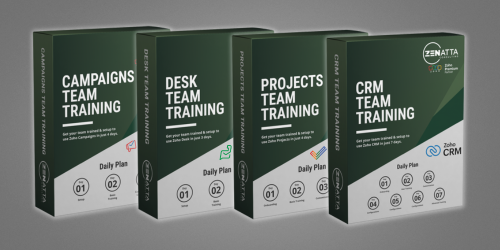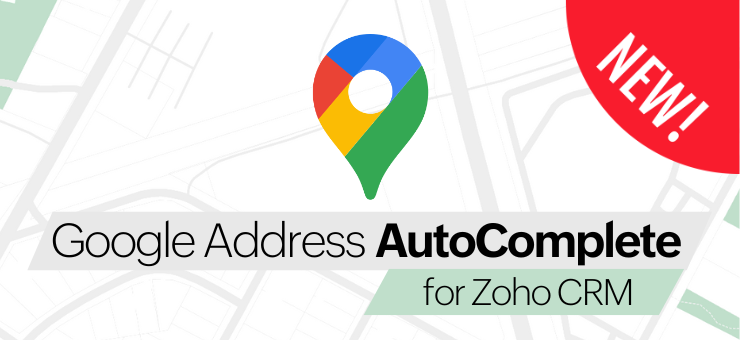Your CRM should improve your life, not make things more difficult. Here are five mistakes that most users make, and reliable ways to avoid falling into that trap.
Low-Quality Noise
Data is the lifeblood of any CRM. It is far better to have less high-quality data than heaps of low-quality data. Low-quality information quickly becomes noise, obscuring the invaluable diamonds buried in an evergrowing trash heap.
Your CRM shouldn’t be the bucket that you throw everything into for later sorting. Instead, it should be a carefully organized cabinet of only the most important and valuable information for your organization. This can quickly run into hundreds of thousands of records for a large company, and that’s fine. It’s not about the quantity of data, but about the quality. If it’s not useful, don’t collect it.
Careless Imports
How does dirty data get there? It often starts with a careless import. If you indiscriminately suck data into your CRM, you’ll quickly have something more closely resembling a trash heap than a database. Be selective with the data you ingest, limiting it to only data that you’re sure is helpful.
Aside from the quality of the data, you also need to properly format imports to ensure that data is mapped from column to CRM field correctly. In Zoho, you have many options for important lead data in your CRM. To make this easier, ensure that each column of your CSV or Excel file has accurate and unique headings since those headings are what you’ll pair to CRM fields. Don’t just pull everything into the default fields or assume the automatic matching algorithm did its job properly: it’s a huge pain to fix the problem after the data is imported, but only takes a second to adjust it at the import stage.
If your CRM offers the option, it can be smart to limit import permissions to users that you know you can trust with the responsibility.
Dirty Data

Even if you exercise caution when importing data, keeping that data clean is an ongoing process, not a one-time thing. When we talk about dirty data, we mean data that hasn’t been formatted properly. This could mean misplaced data like address information in the wrong fields or URLs in the email address box.
More subtly, it can also mean data that isn’t accurate, like an address that doesn’t map to a physical location or a phone number with too-few digits. This is especially difficult to catch when dealing with international data, where phone numbers and addresses might not look correct to you, even when they are.
If your data isn’t properly formatted, it won’t be useful in the aggregate. You won’t be able to send out newsletters or ship products to the customer’s address, which nullifies the greatest utility of a database of contact information. If you can’t contact your clients, what’s the point of keeping track of the contact information in the first place?
Dirty data also appears when you frequently change data formatting rules at your organization. Not only does this often require manual updates of previously-fine records, but it can introduce errors and inaccuracies in the process. Only change your in-house data rules when the benefit is significant enough to outweigh the inevitable mistakes and malformations that will appear in your data.
Non-Compliance
CRMs have come a long way since their initial creation. Today, many CRMs can automatically ingest information from emails and phone calls. Setting up that system should be a top priority. A computer will never put off paperwork or forget to log an interaction.
Avoid systems that require you to force compliance from your team: a forced march is never as fast or effective as a voluntary one.
Part of the solution involves going with the prevailing wind. You can’t always force employees to your will. If a task is so boring or perceived to be so useless that your team rebels against using it, then you’ll have change the process. You can attempt to educate your team on the value of the workflow, but you’ll have better luck by automating or otherwise obviating the need for humans to perform the task.
Uselessness
Your CRM’s mandate should be for usefulness. It absolutely must have value to each user, or they’ll never bother using it properly. A team that’s invested in your CRM will maintain it, just like an enthusiastic gardener grows better tomatoes than a bored teenager.
Show your team the value of keeping a clean CRM. Make sure your onboarding material explains how and why the CRM is useful for individuals in every role at your company, not just sales managers or marketers. If someone on your team uses the CRM, they should know what makes it so important to the company and why maintaining it properly helps not just them but every one of their colleagues.
If your CRM isn’t cutting it for you, Zenatta can help. Click here to set up a free consultation.
Image credit: Infographic vector created by katemangostar – www.freepik.com









